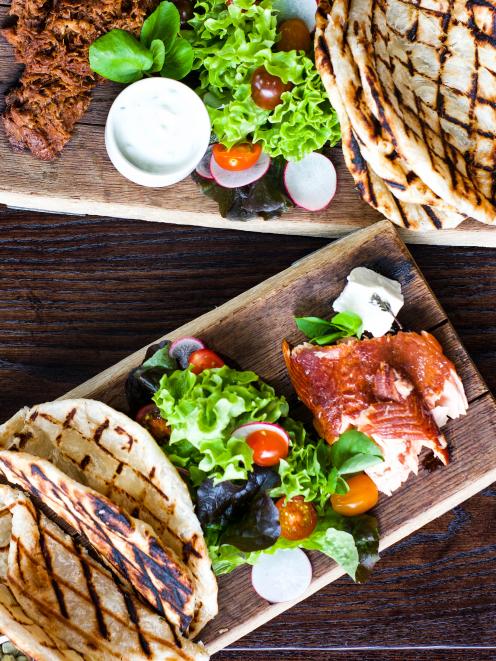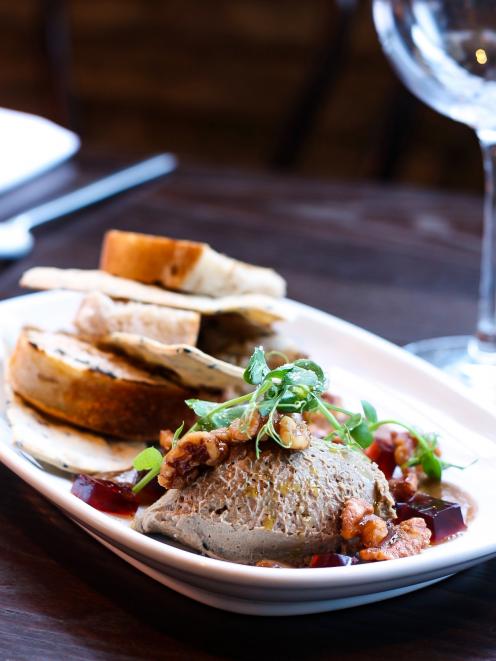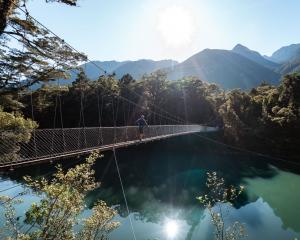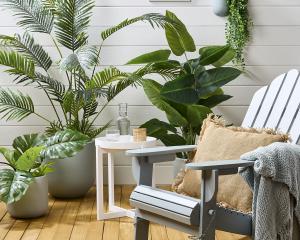


At Eichardt’s our Head Chef Will understands that our guests want to experience New Zealand and its fresh organic flavours in each dish. Taking inspiration from our local producers and farmers to create dishes that are on the pulse, in sync with the local produce and communicating the language of the land.




“There are two main reasons I like to eat locally. The first is quality – too often produce is either picked too early to survive long journeys to its point of sale, or stored too long. By buying straight from local suppliers you’re getting produce that hasn’t been bashed around on planes, trains and trucks, nor stored in inert gases, nor picked a fortnight before ripening. That extra time on the tree, vine or bush during ripening adds a lot of extra flavour.

The second is satisfaction. I enjoy a meal much more when I know where everything came from. I’ve met all my suppliers and visited most of the domestic ones. Hell, I drive past most of them at least once a week. I know the pig farmer plays the bagpipes to cheer them up on rainy days. I know my berry guy won’t let anyone drive at more than 5kmph through his property to avoid getting dust on the berries. I know the lady who grows our saffron in Alexandra; a microclimate often fiercely hot, and surrounded by wild thyme. All this increases my respect for our ingredients and so my enjoyment of them. Local produce is more enjoyable to work with, to serve, and to eat.”


So when you aren’t eating at Eichardt’s or if you are cooking at home, how can you be more of a conscious eater wherever you are? We have some top tips for you:
• Get to know your local produce; knowing what’s in season means that you are always eating fresh – eating fresh means more nutrients.
• Buy from local farmers markets rather than supermarkets; another huge bonus here is saving on plastic use, as most farmers markets are plastic-free.
• Grow your own! To feed the predicted 9 billion people in the world in 2050, the world will need to produce 70-100% more food. If you already have land, you can make a difference and start by growing your own produce; encourage and even trade with your neighbours!











